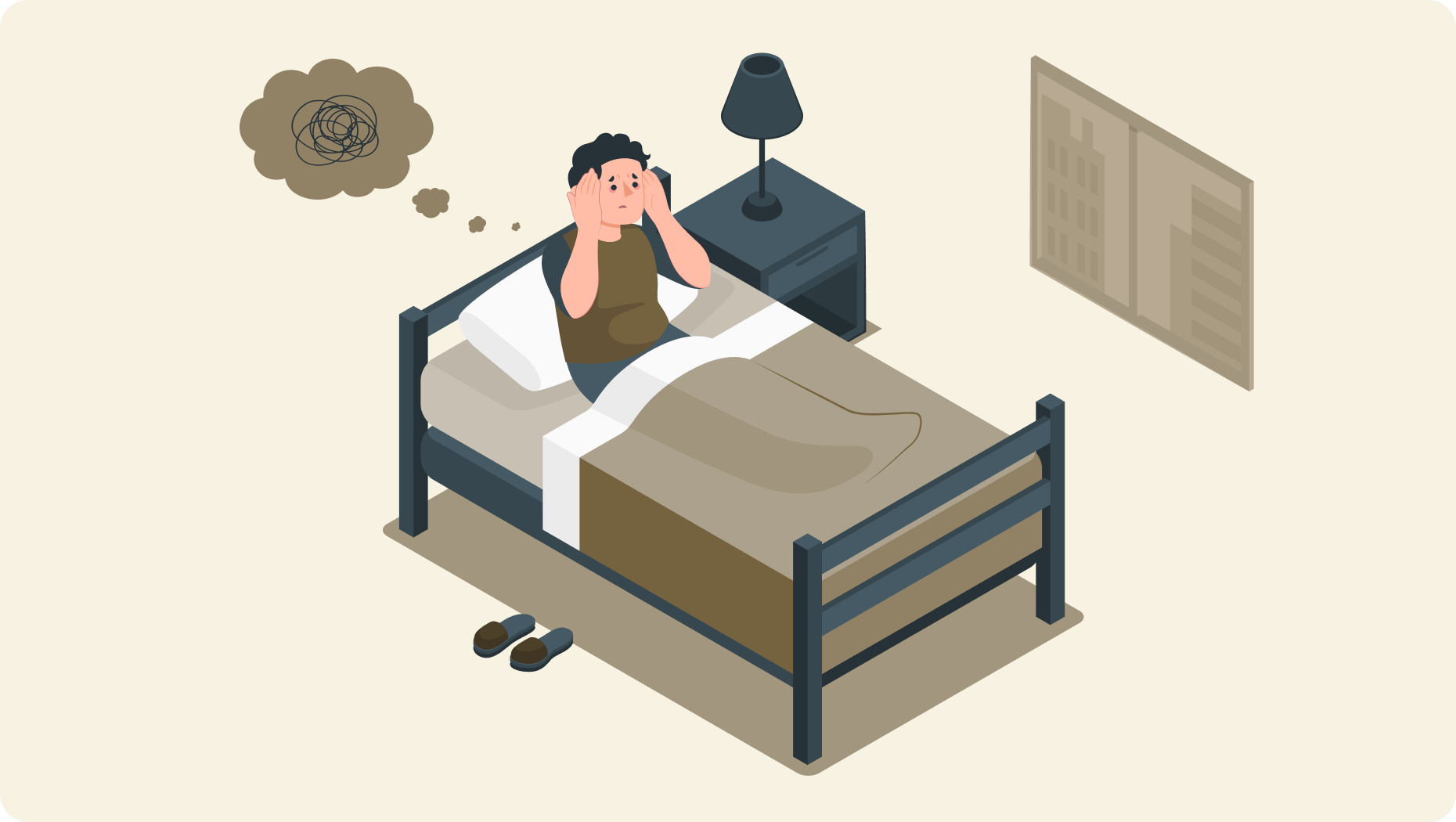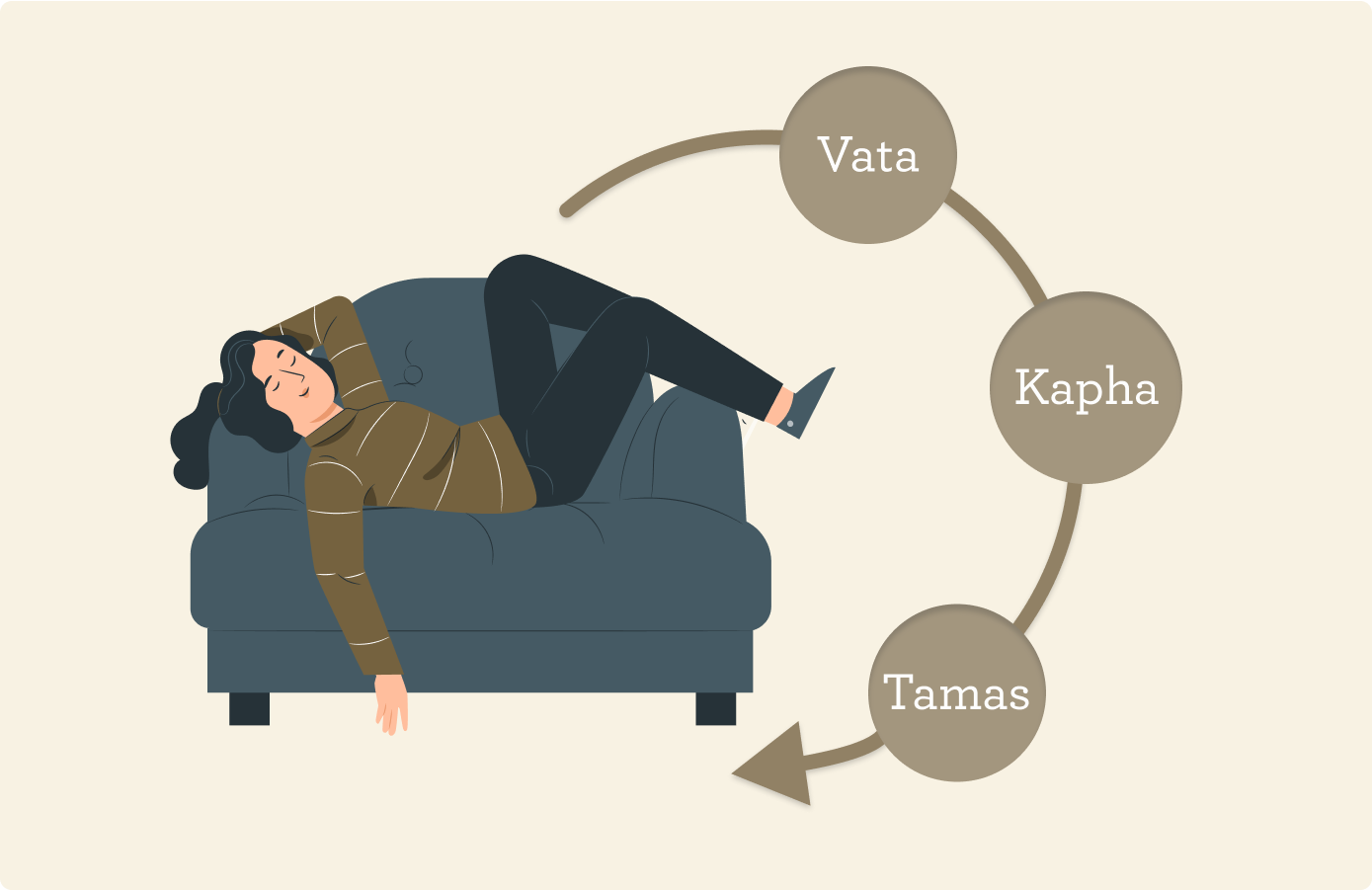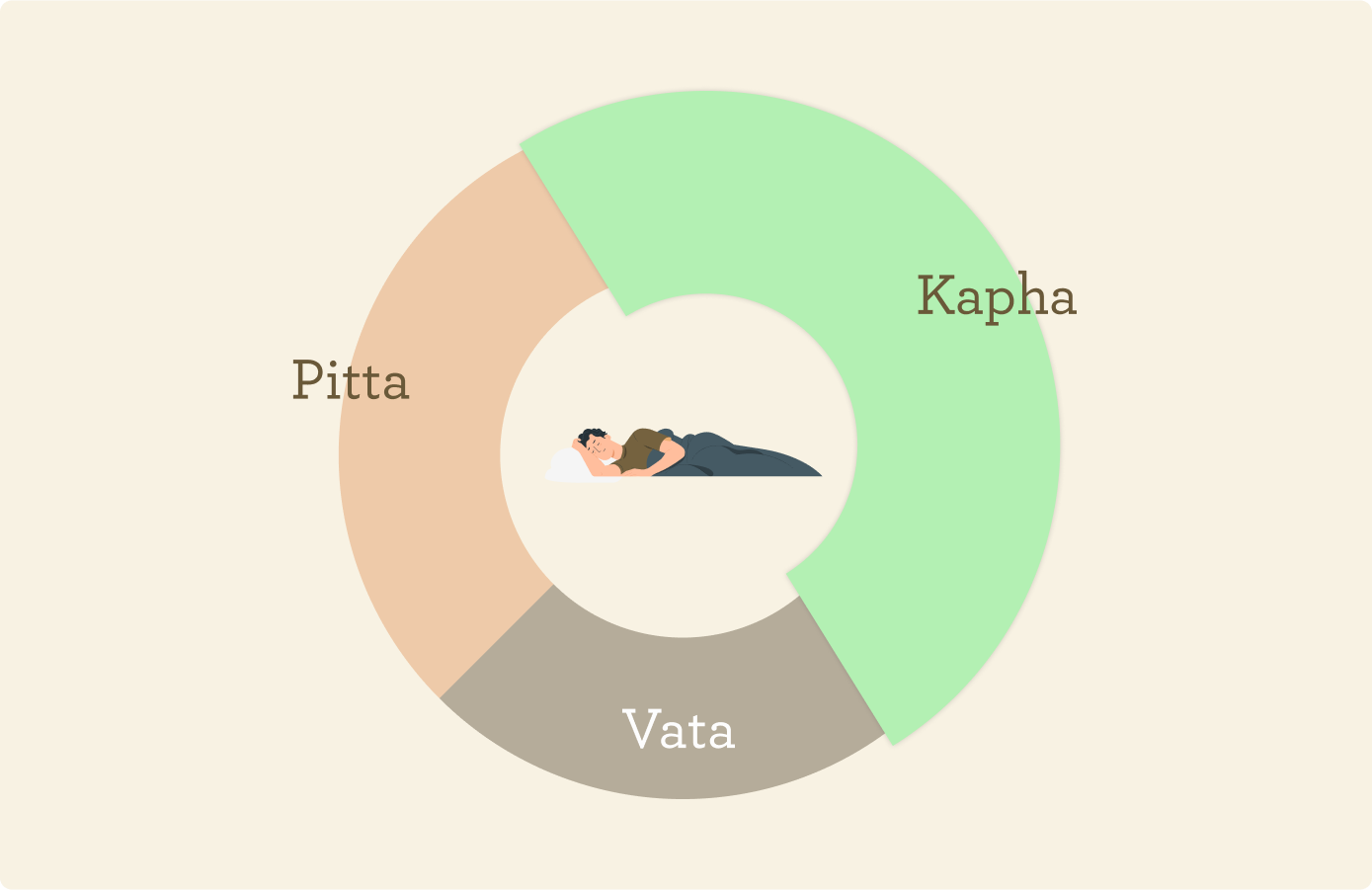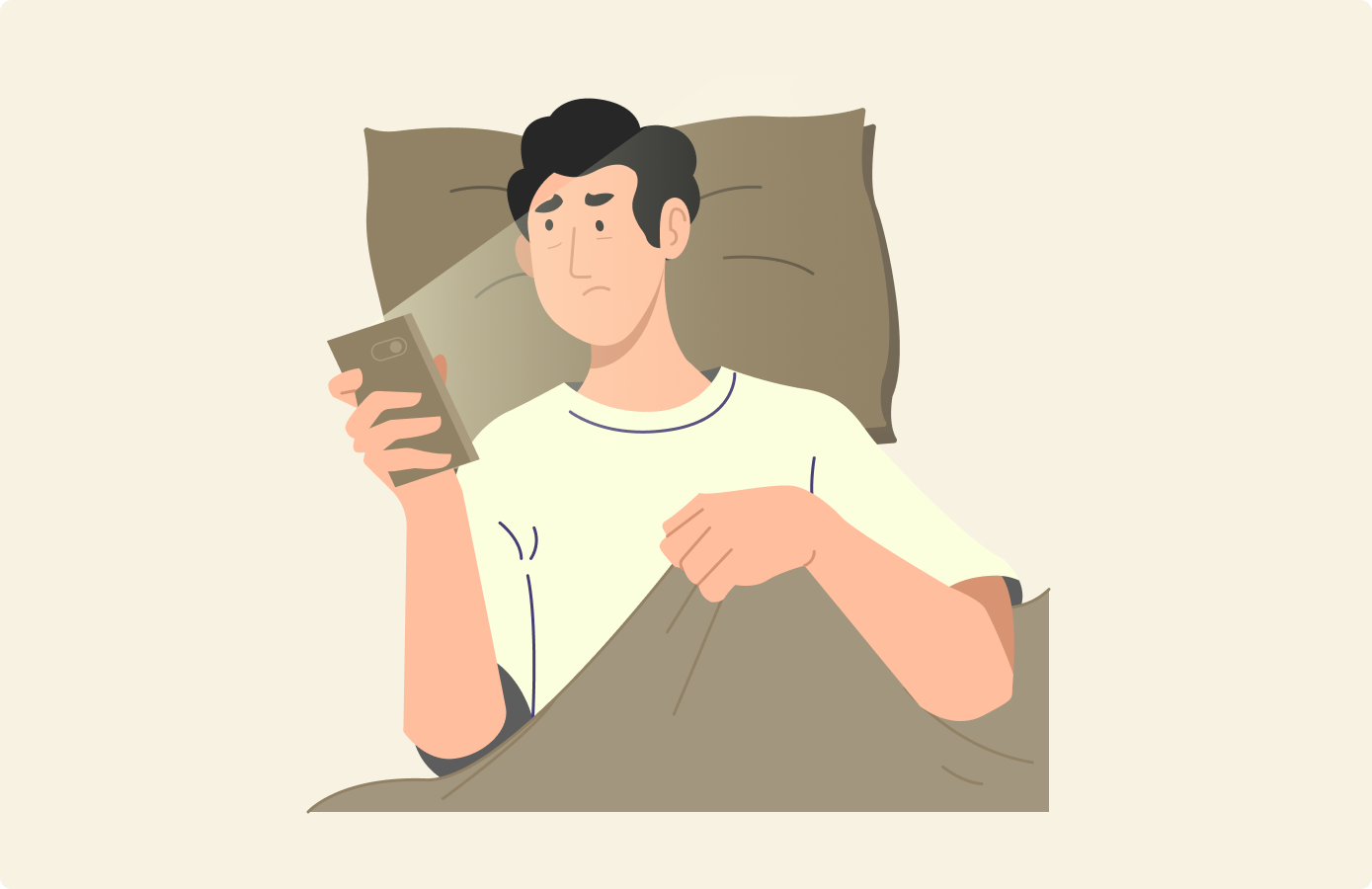Snooze Your Way to Wellness: Ayurveda's Sleep Revolution

Metabolic Wellness | Ayur Ai
Dr.Harinee S, B.A.M.S., M.D.(Ayu.)
Updated on AUG 24,2023
Are you struggling with maintaining good health? Do you find yourself constantly fatigued, facing difficulties in concentration, or battling chronic illnesses? The solution might lie in an often overlooked aspect of our lives: sleep. In this blog, we will explore into the challenges that arise from neglecting our health and explore the profound impact sleep has on our overall well-being drawing insights from both Ayurvedic and contemporary perspectives.
"The Essence of Ayurvedic Sleep Wisdom"
Caraka Samhita, an ancient Ayurvedic text, categorizes insomnia / sleeplessness as one of the 80 diseases caused by vitiated Vata. This highlights the critical role sleep plays in maintaining balance within our bodies. According to Caraka, Sleep is a nourishing experience, while vigilance/awakening at night causes emaciation to the body. The impact of sleep goes beyond mere rest; it influences our happiness, strength, virility, and even knowledge.

The Connection between Sleep, Tridoshas and Tamas


Ayurveda views the human body as a delicate interplay of the three doshas: Vata, Pitta, and Kapha. When our sense organs are exhausted due to exertion or hard work, it increases Vata dosha in the body. Vata, in turn, carries Kapha dosha from its site and obstructs the Manovaha and Samjnavaha Srotas, the channels responsible for mental and sensory functions. Kapha dosha is predominated by Tamas (state of inertia), one of the three gunas or qualities described in Ayurveda. Tamas has a calming and grounding effect on the mind and body. This leads to a natural inclination towards sleep.

Ayurvedic Insights into Vata, Pitta, and Kapha Prakriti


By understanding the distinct characteristics of Vata, Pitta, and Kapha prakriti individuals, we can gain valuable insights into their sleep behaviors.
-
Sleep Patterns of Vata Prakriti:
Vata dominant individuals experience light, irregular, and short durations of sleep. Despite this,
they
would benefit from more restful sleep.
Common sleep-related symptoms for Vata types include teeth grinding, sleepwalking, and sleep talking.
Dreams are often airy in nature, with flying sensations being common. Due to being light sleepers, Vata types may easily wake during the night, facing difficulty falling back asleep.
- Sleep Patterns of Pitta Prakriti:
Pitta dominant individuals experience sound but often light sleep. They usually get a moderate
amount of
sleep, but may occasionally forgo sleep when preoccupied.
Dreams for Pitta types are known to be wild, fiery, and vivid. Falling back asleep after waking up in the night is not troublesome for them, unless their minds are overactive and stimulated.
- Sleep Patterns of Kapha Prakriti:
Kapha dominant individuals enjoy deep and sound sleep, but their sleep may also be heavy and
stubborn.
They tend to be less easily disturbed or woken during the night. Despite this, Kapha individuals may have a tendency to oversleep, even though they don't require long periods of sleep.

The Dark Side of Artificial Light


Staying up late into the night may seem harmless, but it can disrupt our internal clock, known as the circadian rhythm. Exposure to Artificial light at night (especially blue light emission) from the devices, suppress the production of melatonin, the sleep hormone, from the pineal gland, causing disruption of the circadian rhythm. Disruptions to the circadian system can have far-reaching effects on our health. Recent studies have uncovered a significant connection between circadian dysrhythmia, the gut microbiome, and chronic illnesses like obesity, diabetes, and heart diseases. Our gut microbiota and its products follow a similar rhythm, and disturbances in this rhythm can disrupt metabolic processes, inflammatory pathways, and energy balance.




